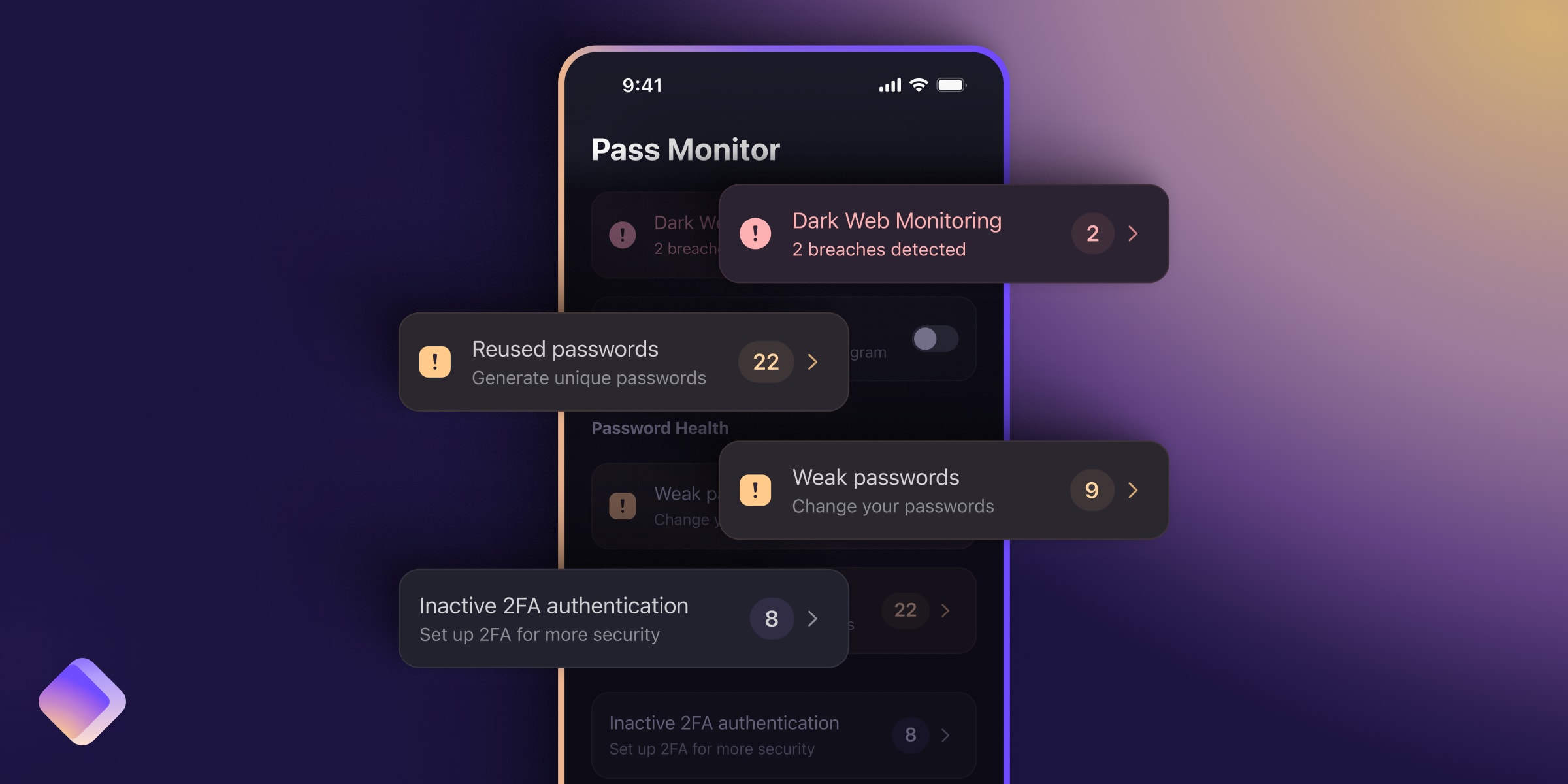We launched encrypted contacts last year(new window) to meet the needs of journalists that needed a safer way to store sensitive information about their contacts. Our encrypted contacts manager uses zero-access encryption and digital signatures to keep your contacts data private and verify the integrity of the data.
Now, encrypted contacts is also available on our mobile apps, so you can stay protected even on the go!
In the older versions of the Proton Mail mobile app, the contacts menu only included the contact’s name and email address (these, by necessity, are not encrypted to allow us to get your emails to their destination). If you tapped on a contact, it would simply open the email composer.
With the latest update, we have incorporated a fully functional contacts manager into the Proton Mail mobile app. You can now add additional information such as phone numbers, addresses, URLs, and notes. All of this additional information is encrypted and no one but you can access it — not even we can access it. That’s the benefit of zero-access encryption(new window).
(new window)
(new window)
And just like the web version of Proton Contacts, all contacts are digitally signed(new window), meaning you’ll get a warning message if it seems an attacker may have tried to tampered with your contacts.
We’re excited to deliver the most secure mobile contacts manager, and we welcome your feedback. If you have any questions or comments for the team, don’t hesitate to get in touch(new window).
Download Proton Mail iOS app(new window) || Download Proton Mail Android app(new window)
You can get a free secure email(new window) account from Proton Mail.
We also provide a free VPN service(new window) to protect your privacy.
Proton Mail and Proton VPN are funded by community contributions. If you would like to support our development efforts, you can upgrade to a paid plan. Thank you for your support!
Release notes for iOS v1.8
New features:
- Encrypted contacts
- Contacts redesign
Bug fixes:
- The warning message for a possibly spoofed email is cut off in the app
- Save popup appearing behind keyboard when composing
- No recipient found when sending a message via “Share” feature.
- Auto-complete suggestion not showing properly
- Message doesn’t open from push notification on certain occasions
- Spam/Trash delete message issue
- Subject reverts to (No Subject) when sending emails with image from Camera Roll attached
- “Can’t load content” when sharing an app from the Apple Store
- iPhone X: Sidebar bottom line separator goes over the content when scrolling
- Adding an image attachment uses the wrong format on iOS 11
- Badge number doesn’t update if you close the app from a message
- Changed TouchID dialog address to a*****@proton.me format
- Display name overlaps with carrier name when you open the menu on iOS 10
- Message signing issue
- Toast message does not show up sometimes
Improvements:
- Always show the full from address on message details
- Add missing translations
- Disabled spellcheck in search
- Update email expiration icons
- Improve the error messages
- Improve the local cache stability
Release notes for Android v1.8
New features:
- Encrypted contacts
- Contacts redesign
Bug fixes:
- PIN screen not always working with correct PIN
- Fix for HTML messages rendering
- Draft message showing as “Null” on some occasions
Improvements:
- Improvements for Notifications Snooze
- Translation improvements
- Additional bug fixes and improvements















